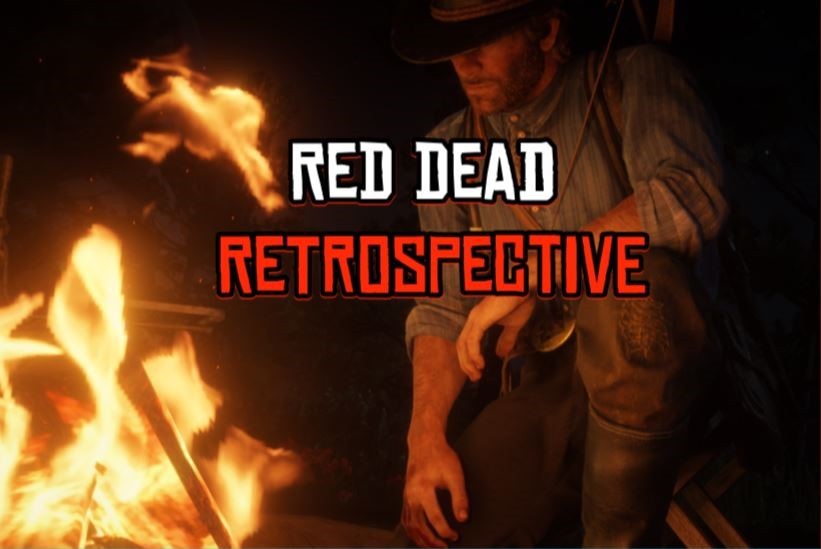Dear Evan Hansen, show me how to tragically blend musicality with the neglection of mental health. Sincerely, a disapproving viewer
October 8, 2021
The stage and the cinema are made to be different mediums of expression, and in their separate domains of entertainment, certain things work and certain things don’t.
I can’t say that Dear Evan Hansen doesn’t work in the realm of theatre, as the stage is something I’m rather unacquainted with, but in light of its recent motion picture adaptation, it doesn’t seem to work in theaters.
Dear Evan Hansen is the story of the emotionally impaired Evan Hansen, a teenager who is avidly nervous at all times, resorting to the duo of pills and therapy techniques to settle into the world around him. Recommended by his therapist, Hansen writes letters to himself in hopes of alleviating his anxieties, and after typing one at school, he accidently clicks print and the story moves from there.
Conner Murphy, a classmate of Evan, sees what Evan wrote in one of his “personal letters” and notices his sister’s name on the paper. Thinking that Evan wrote it on purpose to disturb him, Conner takes the paper and aggressively storms out into the hallway, where a desperate Evan chases after him to recover his note, coming up short to the angered Conner.
A few days after the incident, as Evan worries about who Conner may show the letter to, the entire school comes to learn that Conner had taken his life, with Evan’s note being the only thing found next to him following his death.
Evan’s life is soon after thrown into a string of lies and connections as the Murphy family becomes intensely close with Evan who, by the familiarity of the letter, was presumably Conner’s only friend.
Teetering between his own family, his mom being a working single parent, and the life he has formed through the lie he has let live on, Evan must decide between a world of family and friends or the truth, which may ruin the life he so desperately wants to hold onto.
An acclaimed musical that won six Tony Awards (the Oscars of stage acting), there was a lot that went well for those involved with the original project of Dear Evan Hansen on Broadway, so well in fact that they brought back the lead: Ben Platt.
That’s not to say that the theatre-centric Platt doesn’t have the chords capable to create a memorable performance, but the man is no longer boy. A 28-year-old playing a 17-year-old is unfitting just in saying it aloud, and it is markedly out of place when watching this adult act like an anxiety ridden teenager.
Despite the choice to keep the Broadway star in the title role of a child, the occasional music beat is rather uplifting and hypnotic in its ability to pull you out of your seat, to which you had crawled into out of the sheer awkwardness of the film.
However, once you’re able to step out of this musical trance, you’re right back to watching a movie that is even more depressing than its lack of mental health awareness.
A plot defined by its ties to mental illness, the movie seems to cram in a new musical note any chance it can, and in a runtime of 137 minutes, the message is sacrificed.
Rather than talk about the implications of suicide, the film seems to add notes of singing every time someone begins to feel sad or whenever Evan must debate his choices, which makes the film seem like less of an artistic expression and more of a grab for a commendable soundtrack.
Understandably, the story is adapted from an acclaimed musical, so the immense presence of song is within its rights, but it is the faulty inclusion of the music within the film that separates it from its predecessor.
In moments that crumble rather than build, musical queues are thrown into the mix when the scenes before provide no transition to the vocal choruses. A lack of development in certain moments is why Dear Evan Hansen was fighting a losing battle before it even started.
History has shined bright upon this Broadway made story, so its weak performance within movie theaters can be a sign of displacement. This may have been a concept that should have stayed in its comfort zone where it has the ability to be an applauded stage play, rather than a forgettable cinematic musical.
Works such as 2017’s The Greatest Showman, make one wonder what is there to gain from watching this lackluster display of emotion, a display that seemingly uses the death of a boy to rocket into the next sing-along.
The musicality of the film mostly conveys tones and moments that are both depressing and forgettable, and while many may want to see this movie for its darker tone and plot, they will find that this is more than just an adaptation, more than just a variation, but more of a deviation from a story that originally mixes the reality of social settings with unstable teenagers to make a statement to the youth of today; a statement of how the world is hard, and you aren’t always going to be that perfect piece that fits into the puzzle, but you are a piece in the end, and that’s enough. Instead, Dear Evan Hansen as a movie would rather move the pieces to the side to focus on the final image, being less of a musical drama and more of a musical. A musical of unjust songs that are used in spite of an important message, the message that earned the original stage play an acclaim that people still talk about.
Achievements made in the original will continue to be honored, but Dear Evan Hansen as a movie may only serve to taint the original. So, the next time you hear the words “Evan Hansen,” think of the powerful message made on a stage rather than its awkward and deceitful sibling shown on the big screen.




























